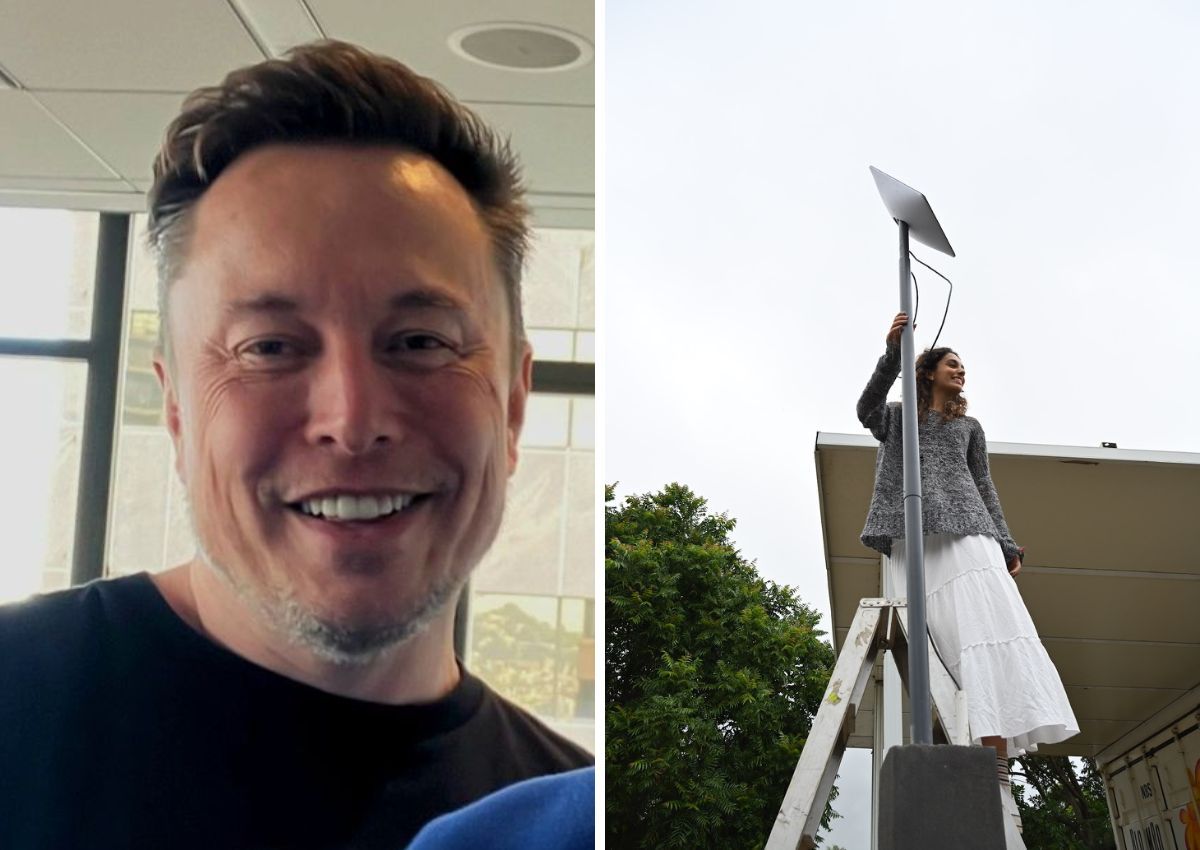Elon Musk has announced news that Starlink has finally launched in Lesotho, a landlocked country in South Africa.
This comes as the world’s richest man – born in Pretoria – called out “racist laws” which he believes have halted the operating licence in his home country.
In March, US President Donald Trump brazenly claimed that “nobody has heard of” Lesotho. A month later, he imposed a 50% tariff on imports from the small region, the highest among all countries.
ELON MUSK MARKS STARLINK’S OPERATION IN LESOTHO
On his X account, Elon Musk marked another Starlink milestone – it was now operating in Lesotho.
Shortly after President Trump imposed the high tariffs on the small country, Lesotho announced that it had granted Musk’s parent company, SpaceX, a 10-year operating licence for Starlink.
The move – which reportedly was under review – challenged the country’s foreign investment policy.
Like SA’s Black Economic Empowerment laws, Lesotho’s Section 2 body (similar to ICASA) called on SpaceX to make 30% of Starlink’s equity in the country available to the Basotho people as a licensing condition.
In April, the organisation said in a statement: “While Section 2 recognises the potential benefits of expanded internet access, we respectfully oppose the issuance of this license to Starlink due to the complete absence of local ownership in the company.”
On the X platform, some social media users claimed that the country had been “pressured” into “bending the rules” for Elon Musk.
Others bemoaned the fact that other countries were launching Starlink, while South Africa seemingly lagged.
WILL INTERNET SATELLITE SERVICE COME TO SOUTH AFRICA?
According to recent reports, Elon Musk has been presented with the possibility that Starlink could be granted an operating licence in South Africa, by allegedly “side-stepping” Black Economic Empowerment (BEE).
Musk initially slammed the legislature that his company was required to adhere to a 30% local shareholding investment as a “racist law”, as he was “not black”.
Images via X: @starlink
Last month, Minister of Communications and Digital Technologies Solly Malatsi gazetted a policy direction for his department on “alternatives” such as equity equivalent investment programmes (EEIPs).
Without mentioning Starlink, the minister claimed that the policy would “attract investment,” specifically in operating licensing.
The minister revealed that a 30% local shareholding BEE requirement for foreign investments “did not allow companies to contribute to transformation goals in ways other than traditional ownership”.
As such, Malatsi revealed that the EEIP policy direction would allow qualifying multinationals to engage with the department through “alternatives” to local ownership.
This included investments in :
- Local suppliers
- Enterprise and skills development
- Job creation
- Infrastructure support
- Research and innovation,
- Digital inclusion initiatives,
- and funding for SMMEs.
DO YOU THINK THAT ELON MUSK WILL BE GRANTED A LICENCE TO OPERATE STARLINK IN SOUTH AFRICA?
Let us know by leaving a comment below, or send a WhatsApp to 060 011 021 1.
Subscribe to The South African website’s newsletters and follow us on WhatsApp, Facebook, X, and Bluesky for the latest news.
